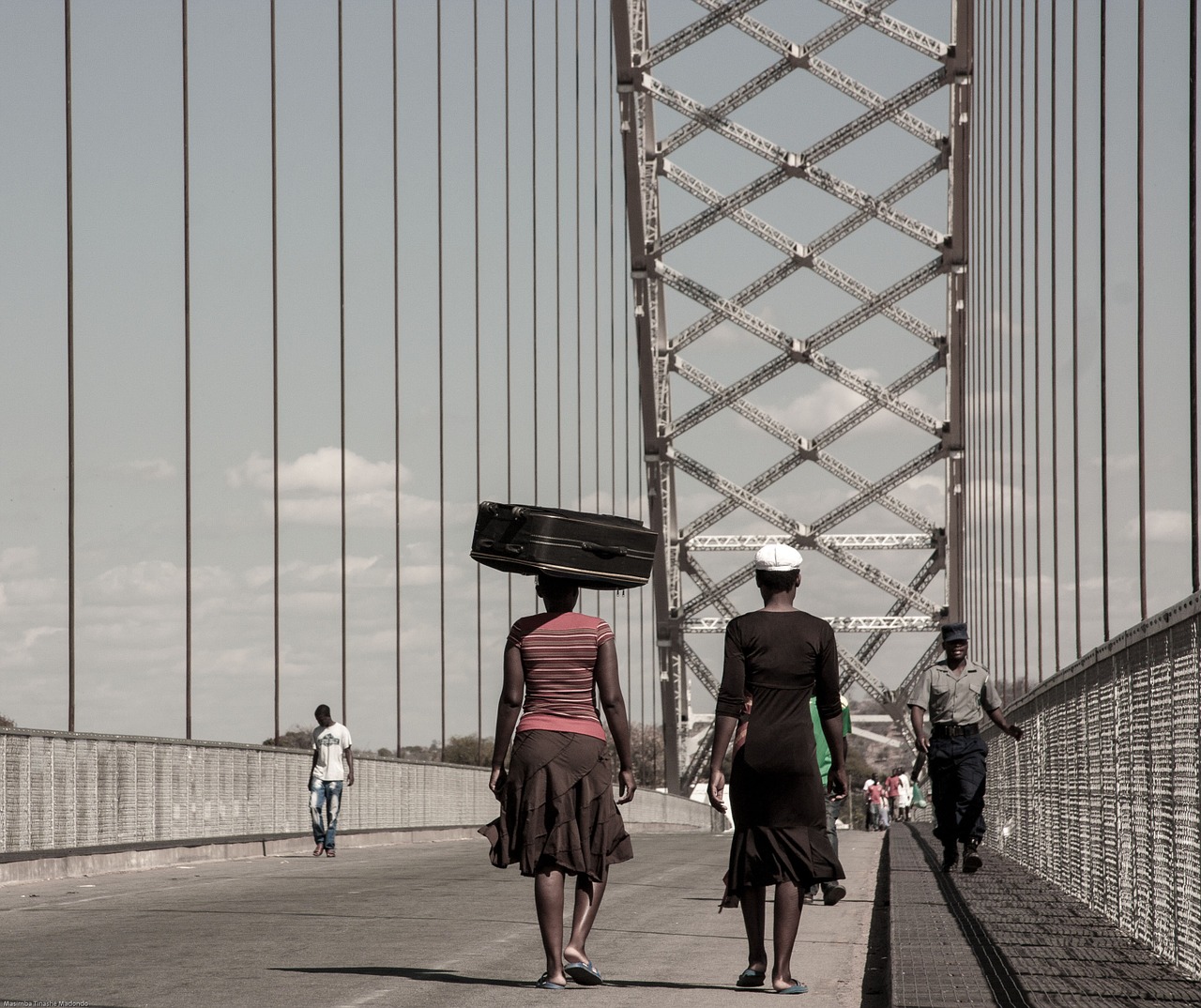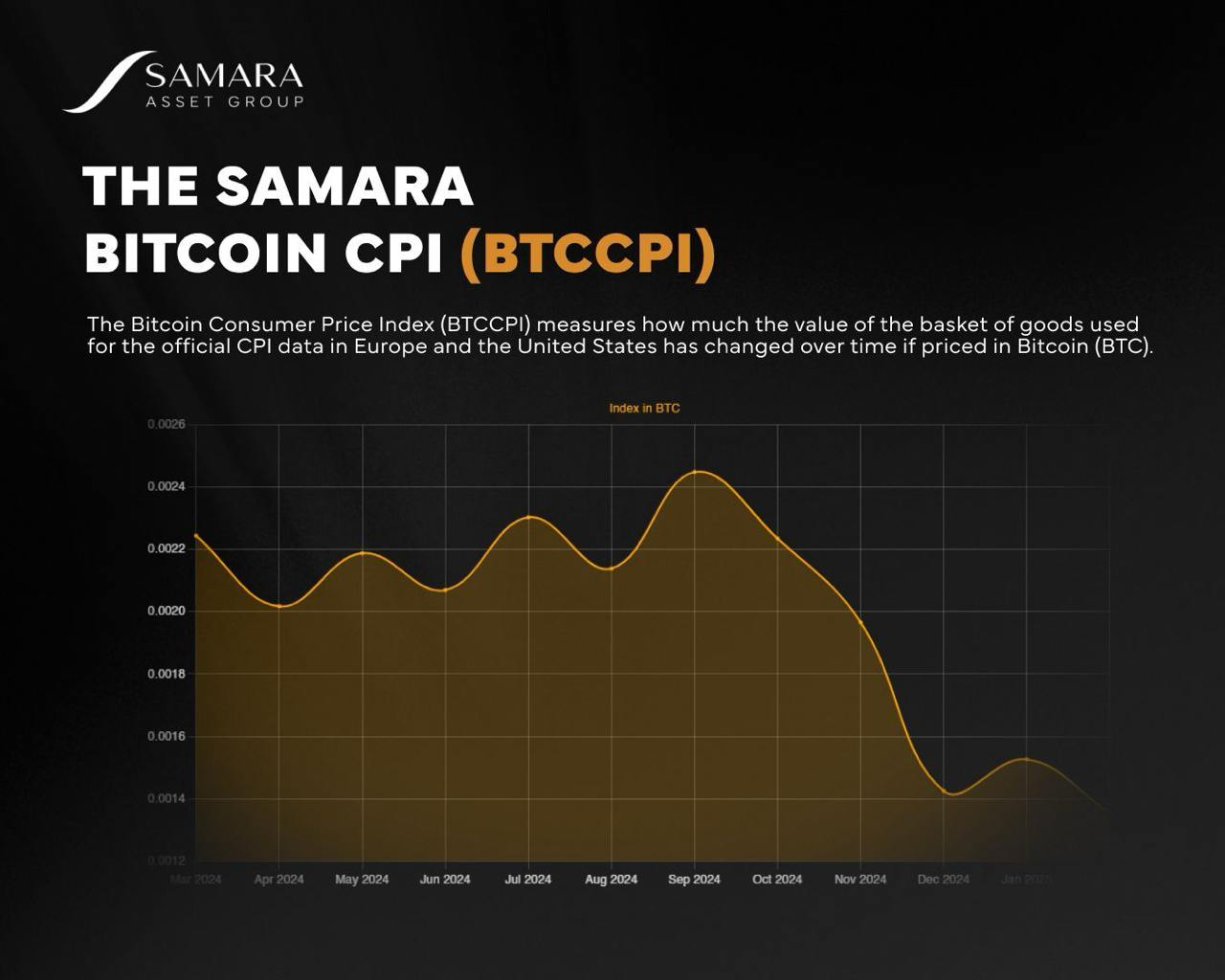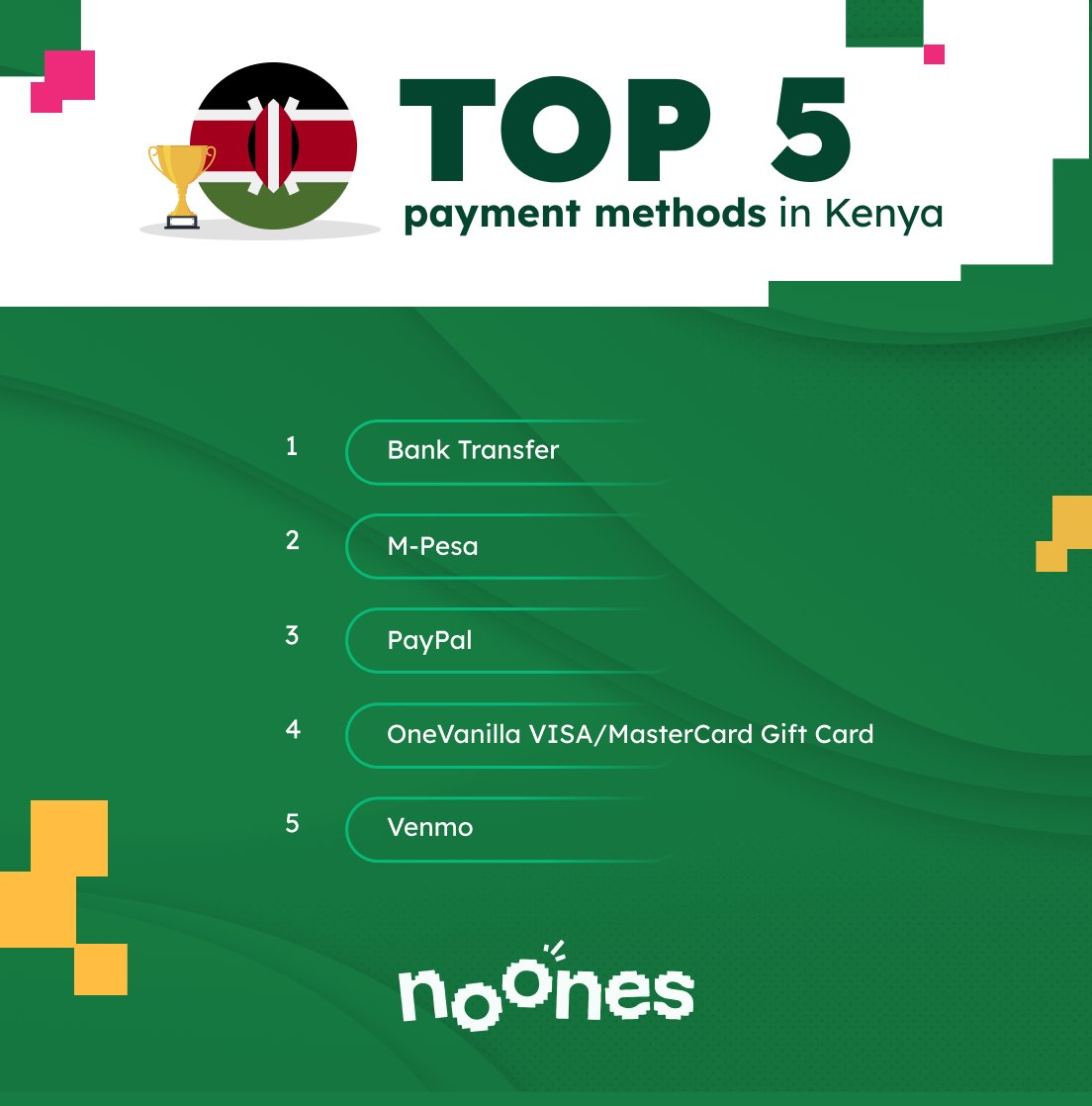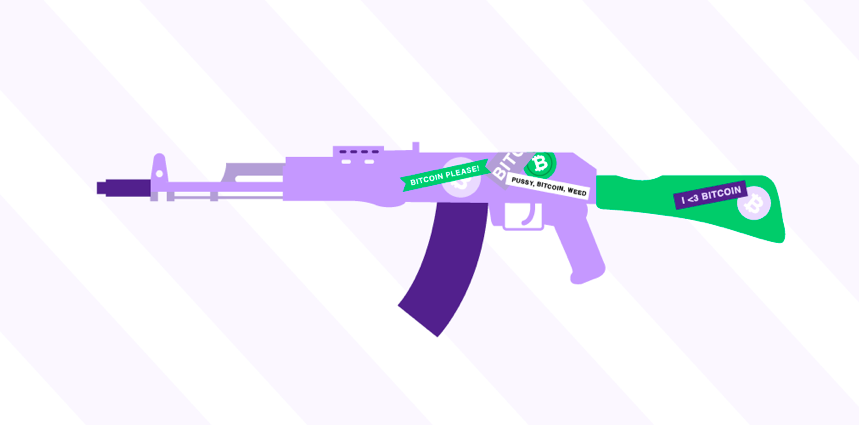The price of bitcoin is currently retailing at over $7,700 across international exchange platforms. However, this is not the case in Zimbabwe.
The price of bitcoin in the African country has skyrocketed to about $14,000 as reported by Golix, the Zimbabwe-based bitcoin exchange. The increased demand for the cryptocurrency in the southern Africa country has highlighted the volatile nature of bitcoin as well as the current economic crisis Zimbabwe is facing.
In an interview with CNN, Yeukai Kusangaya, Golix’s trade coordinator said, “The price has been high for some time and it keeps going up.” She believes that the increased demand will continue to drive the price to higher levels.
Bitcoin has for a while now been used in Zimbabwe by car dealers and other import/export businesses who need to conduct high-value transactions in a country where there is a severe cash shortage.
Worthless Zimbabwean Bond Notes
As it stands, Zimbabwe is undergoing a fresh currency distress. However, this is not the first time that the nation is finding itself in such murky waters.
After the 2008 hyperinflation, President Robert Mugabe’s government was forced to adopt the US dollar as its own currency. Now, years later, the southern Africa nation finds itself in the same place it was in nine years ago. This has led to rationed withdrawals from the banks which are now facing a severe shortage of the US dollars.
In a bid to salvage the situation, the government began issuing “bond notes” that were said to have the same value as the US dollar in late 2016. However, the value of the quasi-currency dropped drastically on black market exchanges which led to increased prices in stores and that they are not accepted by foreign suppliers.
The Zimbabwe Independent newspaper reported a few weeks ago that the, “debilitating liquidity crunch and an acute cash shortage has severely crippled companies which need to import critical inputs for operations.”
International trade has also been affected leaving importers to turn to digital currencies as a way out for them.
Since the increased demand for bitcoin in Zimbabwe, several newspapers have gone ahead to write about it with The National newspaper from the Middle East summing it up the other day as, “This time (in Zimbabwe) the issue is not too much money — it is that there is too little. Because the reserve bank cannot print U.S. dollars itself — the U.S. alone can do that — it must rely on imported cash.”
Bitcoin as a Haven
Bitcoin, which is considered as a speculative investment and a volatile digital currency by investors, has now become a haven for most Zimbabweans offering a degree of financial security against hyperinflation.
“Bitcoin isn’t subject to the central bank measures so it has become an alternative that importers are willing to pay a premium for,” said Nigel Gambanga, a Zimbabwean technology analyst, citing increased businesses that are accepting the currency as payment.
Director of research at news site CoinDesk, Nolan Bauerle, said, “When confidence in national currencies wavers because of monetary policy or political uncertainty, bitcoin often behaves as a safe haven because the price is totally based on market discovery.”
“Some people find bitcoin useful because it is immune from the bright ideas of centralised authorities and their unintended consequences,” he went on to add.
Favorable Conditions for the Adoption of Bitcoin
The growing adoption of bitcoin in Zimbabwe has been an interesting phenomenon among African countries due to the country’s financial history. It is, therefore, not surprising that bitcoin has now emerged as a viable alternative form of currency for its citizens leading to an aggressive surge in demand for the cryptocurrency.
Although Zimbabwe’s case is unique, cryptocurrency experts believe its use in the country can be a good test for bitcoin’s feasibility on a national level.
“The underlying takeaway is that cryptocurrencies are here to stay and have a place in the world where monetary policy and fiat currencies cannot be trusted,” said Kay Van-Petersen, Saxo Bank analyst.
“It’s only a matter of time before an emerging or frontier market government decides to adopt a cryptocurrency as a foundation for credibility, transparency, accountability, and attraction of foreign capital.”
Will Bitcoin Survive?
Digital currency experts believe that the market could come under pressure should the price of bitcoin continue to increase. The price surge also comes at a time when President Robert Mugabe and his family have been put under house arrest as the Zimbabwean military has taken over power.
“I wouldn’t expect any tolerance from a country with a fragile financial system trying to maintain capital controls,” said Hileman, hinting that the government of Zimbabwe might ban bitcoin exchanges like China did.
The key question by Hileman is on whether the southern Africa nation has the capability to impose such a ban, which could potentially have negative effects on its economic future.
On the other hand, there is the thought that the government could embrace the use of bitcoin and maximise it.
“If trade in bitcoin intensifies with no resolution to the country’s currency woes, we could witness the central bank and government revise its position by taking on a more active role in cryptocurrency trading. At the very least, (by) recognizing cryptocurrencies through some form of regulation,” Gambanga stated.
According to Gambanga, bitcoin has the potential of becoming the official currency in Zimbabwe. “The state has already taken extreme measures like banning the importation of fruits. So, adding bitcoin to the country’s multi-currency basket might not be so absurd.”

 Features3 years ago
Features3 years ago
 Bitcoin2 years ago
Bitcoin2 years ago
 Features3 years ago
Features3 years ago
 Features3 years ago
Features3 years ago
 Features3 years ago
Features3 years ago
 Features3 years ago
Features3 years ago
 Features8 months ago
Features8 months ago
 Bitcoin10 months ago
Bitcoin10 months ago





















